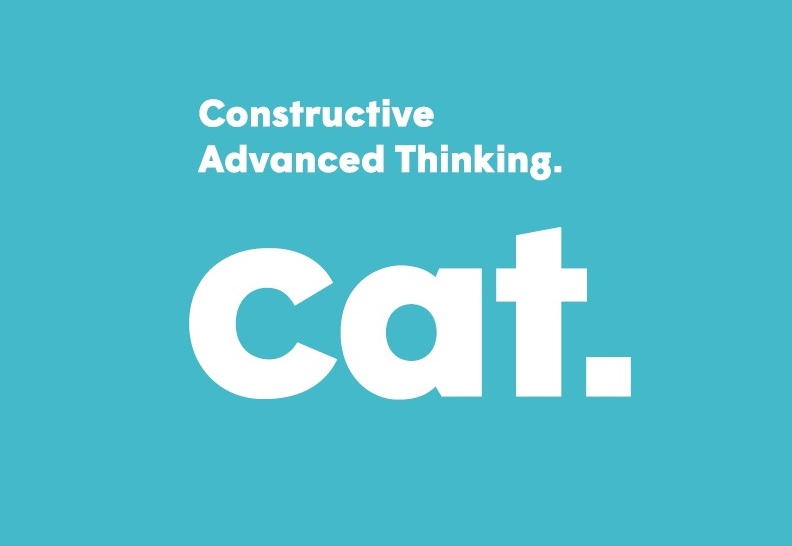Rossella Alba
Rossella researches socio-ecological transformations and inequalities taking as a lens infrastructural relations and resource governance, with a particular focus on water. She works interdisciplinary bridging critical social science research with natural science approaches.
Research Interests
Critical water geographies, infrastructure, governance relations, modelling
Controversial tools: researching modelling practices in water governance
(Collaborative project, awarded a NetIAS Constructive Advanced Thinking grant, 2021-2024)

The project examines how quantitative models are currently developed and used in water governance and management. It proposes a reflexive approach to modelling and examines how such an approach can kickstart transformative processes to achieve lasting, sustainable and just distributions of water in the Anthropocene.
The development and use of quantitative models in water research and practice is both dominant and growing, importantly driven by recent technological developments. Although often presented as objective and neutral, models are controversial tools. They provide insights to predict future conditions of water systems, and opportunities to foster an integrated approach to tackle water-related challenges while addressing complexities related to managing fugitive resources such as water. Yet, models and modelling are specific ways of knowing water based on measurements and quantification. Foremost, models are profoundly shaped by the numerous, sometimes arbitrary, choices of the actors involved in the modelling process and by the geographical and historical context in which they are developed.
This project sets out to research modelling as it is used to manage and govern water distributions. The project strengthens the collaboration between an interdisciplinary and international group of early career researchers studying water modelling in various geographical contexts and from different perspectives and methodologies. The group jointly works on developing a reflexive approach to modelling that is helpful to make the ethical implications involved in modelling practices explicit, and invites modellers, funders, and users to act upon these. This project explores also the challenges and opportunities to implement this novel approach through regular workshops, peer to peer learning and engagement with experts.
More information about the CAT Program
|
|
|
|
|
|
